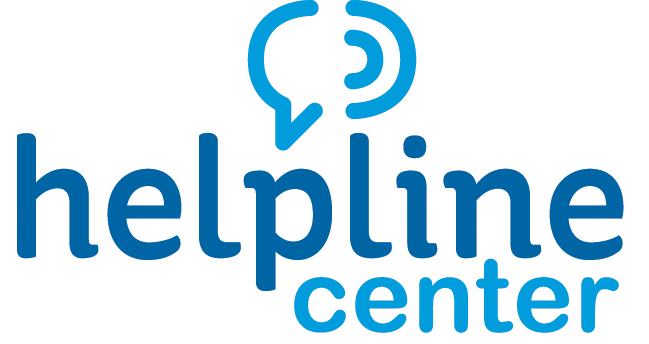When Gambling Negatively Impacts your Life
There is a difference between recreational gambling and having a gambling disorder (also referred to as problem or compulsive gambling). A person with a gambling disorder is not able to stop and may continue gambling even when they start losing their money, jobs, family, and sometimes their lives.
Some warning signs of problem gambling include:
- Always thinking about gambling
- Tardy for work or school; may be completely absent
- Skips payments on necessary bills
- Gets cash advances with credit cards
- Becomes distant with friends and family
If you are experiencing one or more signs, a 20 question survey on the Gamblers Anonymous website can help you see if you may struggle with a gambling disorder. If you are, there is help and treatment available.
Steps to recovery include:
- Admitting there is a problem
- Setting goals and finding hobbies to replace gambling
- Getting help from support groups or treatment centers
- Relying on others to assist you through your journey
Tips for family and friends of somebody with a Gambling Disorder
Do:
- Encourage them to seek help as recovery is possible
- Offer to attend meetings with them
- Take over financial responsibilities
- Confront the person about the situation
- Seek help and support for yourself
Do Not:
- Bail them out of jail
- Blame yourself for their habits
- Make excuses for the behavior
- Deny the problem
For information, referrals or support for gambling issues, call 988 or search our online database:
- www.helplinecenter.org/2-1-1
- Enter your Zip Code
- Select Mental Health category – for individual counseling
- Select Support Groups category
- Enter your Zip Code
Sources:
Disclaimer: This HelpSheet is developed by the Helpline Center. HelpSheets provide a brief overview of the designated topic. For more information, call 211 or text your zip code to 898211.
Updated: March 2024






